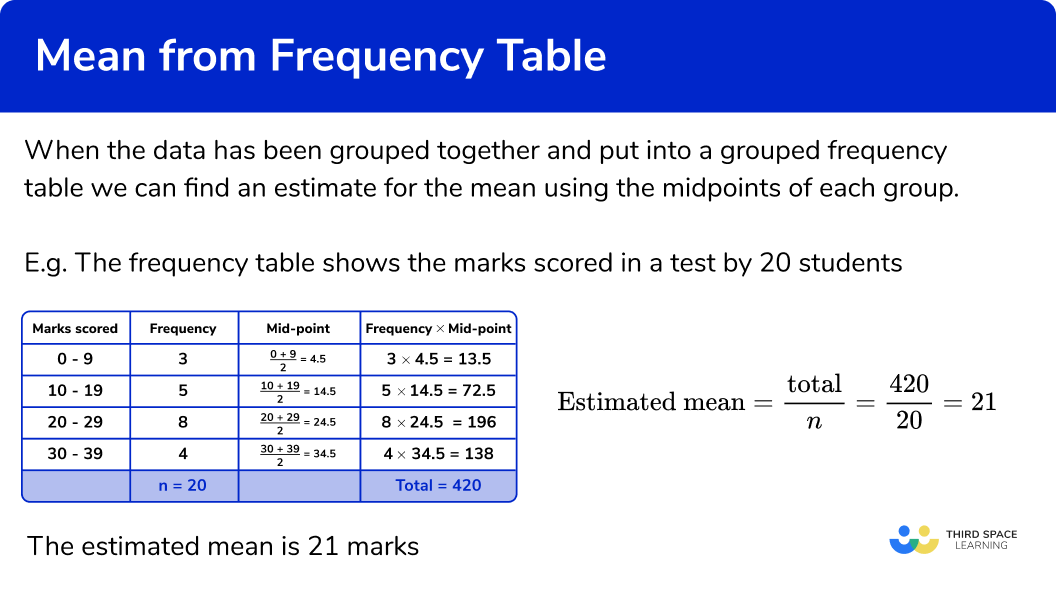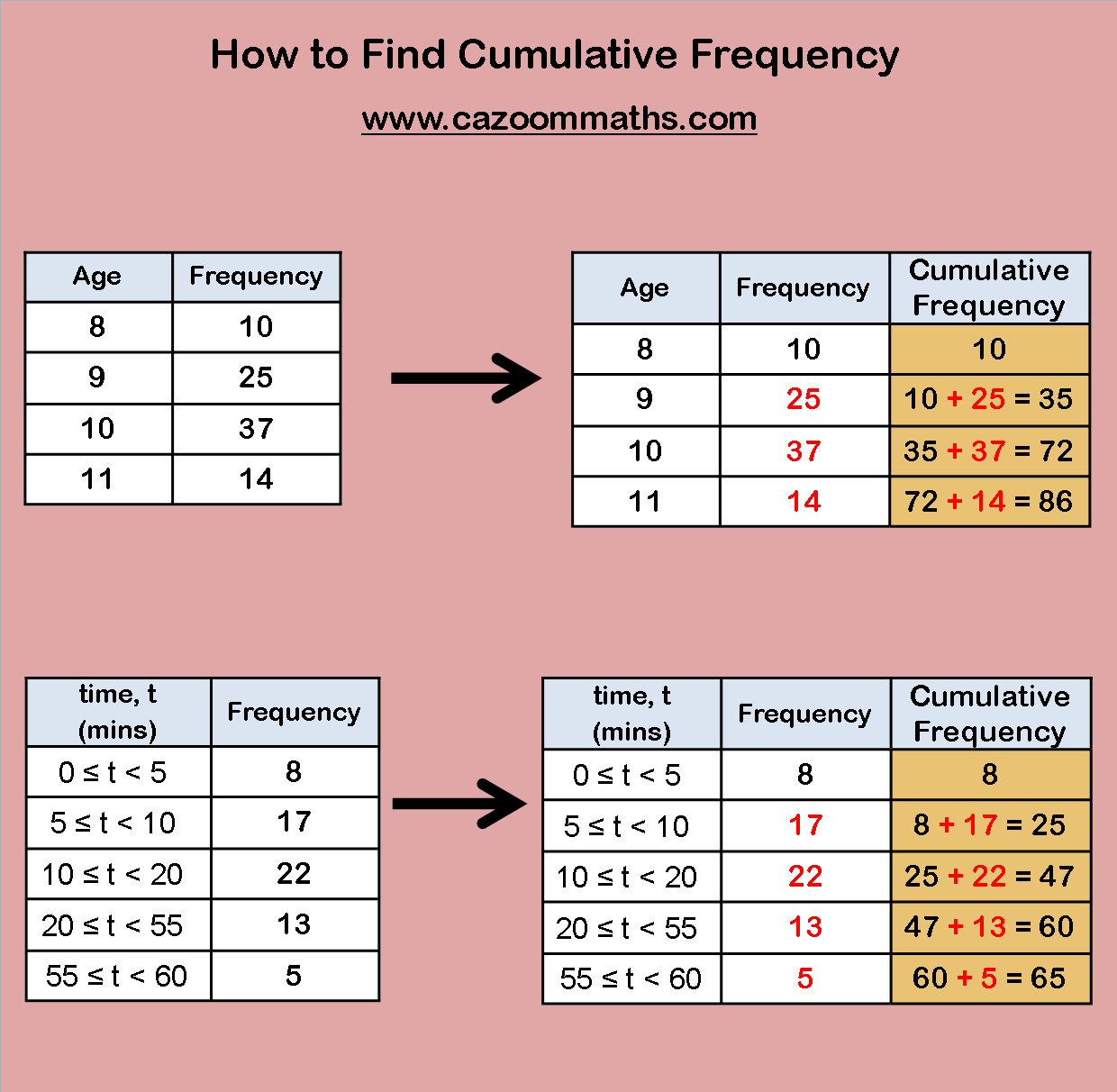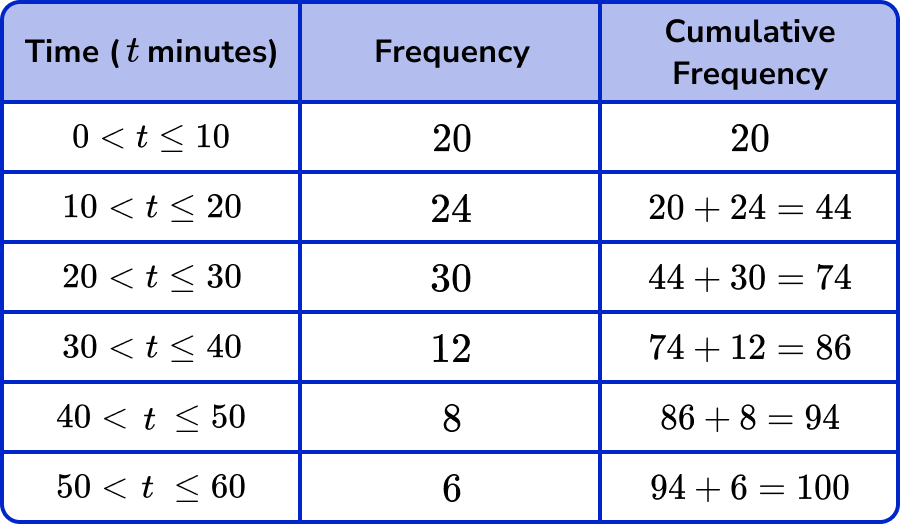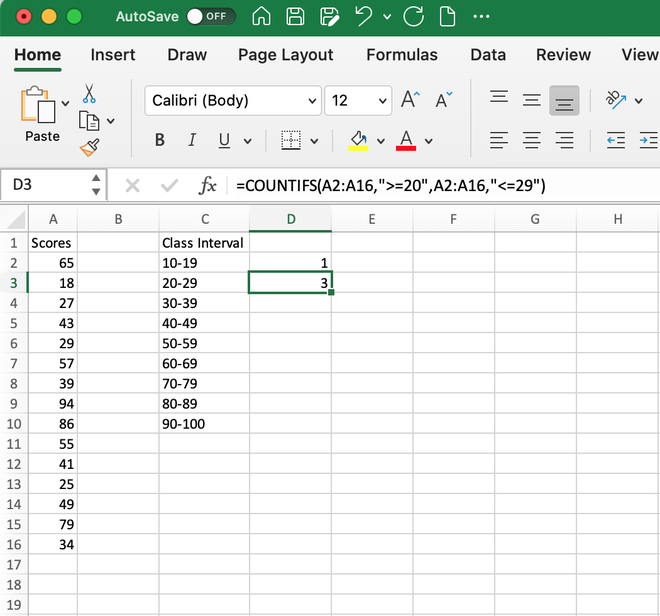How To Calculate Frequency In Statistics A frequency in statistics is a count of how often something such as an event or survey response happened Example of frequency tables
Frequency distributions are often shown in tables or graphs and make it easier to analyze and conclude data To represent the Frequency Distribution there are various Frequency distribution in statistics represents the number of times a value or an outcome repeats itself over a period of time during an event It is featured either as a graph or
How To Calculate Frequency In Statistics

How To Calculate Frequency In Statistics
https://i.ytimg.com/vi/9yACfXhmvkM/maxresdefault.jpg

How To Calculate The Mean Average Of For Grouped Data From A Frequency
https://i.ytimg.com/vi/Va1XY4RRPhA/maxresdefault.jpg

Come Calcolare La Frequenza Cumulativa In Excel Statorials
https://statorials.org/wp-content/uploads/2023/08/cumfreqexcel3.png
To find the relative frequency divide the frequency by the total number of data values To find the cumulative relative frequency add all of the previous relative frequencies to Frequency distributions are often displayed using frequency tables A frequency table is an effective way to summarize or organize a dataset It s usually composed of two
Frequency is a fundamental concept in statistics that refers to the number of times an event or value occurs within a given dataset In statistical analysis understanding the frequency How do I calculate frequency distribution Collect and organize data Gather your dataset and arrange it in ascending order Determine categories or intervals For continuous data decide
More picture related to How To Calculate Frequency In Statistics

How To Find Expected Counts In Chi Square Tests
https://www.statology.org/wp-content/uploads/2020/09/expectedFreq4.png

Frequency Formula Statistics
https://thirdspacelearning.com/wp-content/uploads/2021/12/Mean-from-Frequency-Table-what-is-2.png

Frequency Formula Statistics
https://media.nagwa.com/785136810801/en/thumbnail_l.jpeg
Mastering how to calculate frequency in statistics opens doors to a deeper understanding of data From basic calculations to advanced techniques this guide has equipped you with the Summary This guide explains how to find frequency in statistics by calculating absolute relative and cumulative frequencies It covers methods for organising and counting
[desc-10] [desc-11]

Frequency Formula Statistics
https://d1avenlh0i1xmr.cloudfront.net/7d756d77-ae05-4ba8-95cf-2ac0fd80582d/slide12.png

Statistics Teaching Resources PDF Statistics Resources
https://cazoommaths.com/us/wp-content/uploads/2014/12/How-to-find-Cumulative-Frequency.png

https://www.statisticshowto.com › frequency-in-statistics
A frequency in statistics is a count of how often something such as an event or survey response happened Example of frequency tables

https://www.geeksforgeeks.org › frequency-distribution
Frequency distributions are often shown in tables or graphs and make it easier to analyze and conclude data To represent the Frequency Distribution there are various

Cumulative Frequency Formula

Frequency Formula Statistics

How To Calculate Percentage Frequency

How To Find A Frequency

How To Obtain Relative Frequency

How To Calculate Relative Frequency 9 Steps WikiHow

How To Calculate Relative Frequency 9 Steps WikiHow

Frequency Polygon In Excel

How To Calculate Relative Frequencies

How To Calculate Relative Frequencies
How To Calculate Frequency In Statistics - To find the relative frequency divide the frequency by the total number of data values To find the cumulative relative frequency add all of the previous relative frequencies to